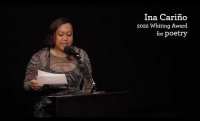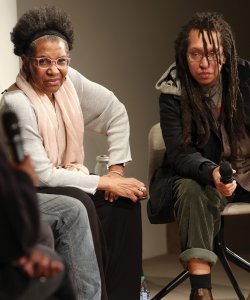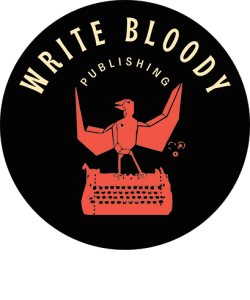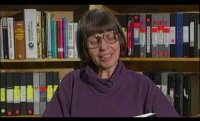Lean Economy by Ina Cariño
“I pop tins of the greasiest luncheon meat open, / slather my chin with animal salt…” In this video, Ina Cariño, a 2022 Whiting Award winner in poetry, reads their poem “Lean Economy” from their debut collection, Feast (Alice James Books, 2023), which is featured in Page One in the March/April issue of Poets & Writers Magazine.













